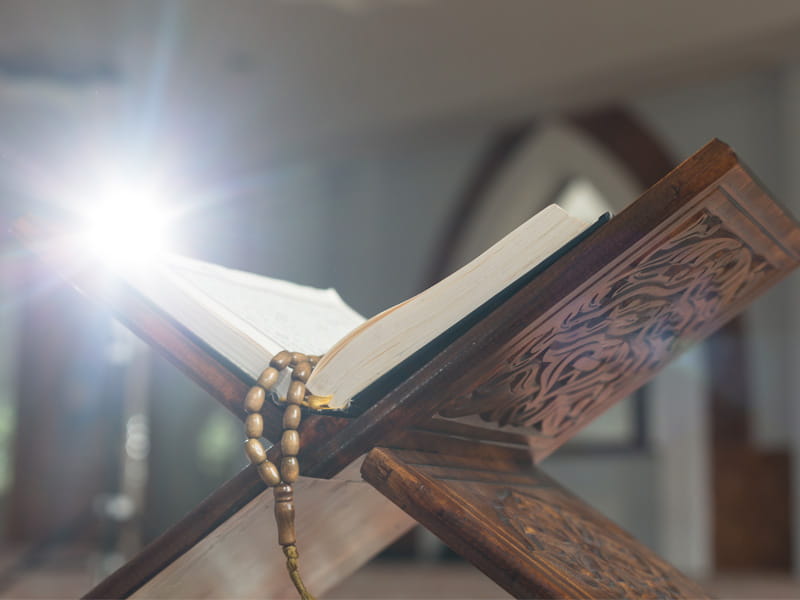WASHINGTON, Nov. 6, 2001 -- On Sept. 1, well-wishers in Chicago surrounded Aminah Assilmi and praised her efforts to secure the nation's first postage stamp honoring the Muslim faith.
On Sept. 11, the day of terrorist attacks in New York and Washington, Assilmi was again surrounded -- this time by a group of men in Northern Kentucky, where she lives. They were shouting anti-Muslim insults and striking her car with bats.
The fallout from that day has shaken Assilmi, of Taylor Mill. She heads the International Union of Muslim Women and organized a national campaign that led to the stamp's creation.
But it might have had a greater impact on the stamp she worked five years to win.
``It was not just a stamp. It was an expression, a symbol that the Muslim community is accepted here and Islam is recognized as an American religion,'' said Dr. Muzammil Siddiqi of Garden Grove, Calif., past president of the Islamic Society of North America.
In English, the stamp bears the words ``EID Greetings.''
It also features gold Arabic script on a background of navy blue that reads ``EID Mubarak,'' or ``Happy Eid.'' The stamp commemorates Eid ul-Fitr, a celebration after Ramadan, a time of fasting and prayer for Muslims. The stamp also honors Eid al-Adha, a festival that marks the end of a hajj, or pilgrimage to Mecca.
In the weeks following Sept. 11, the EID stamp met with poor sales, and even provoked anger.
``People have gone into our post offices and said `We shouldn't be selling that stamp,''' said Dave Failor, a U.S. Postal Service spokesman.
A West Coast radio talk show host even suggested the stamp was rubbing America's nose in the events of Sept. 11 because EID backward spells ``Die.''
``I must have gotten 19 calls from people who were upset about that,'' Assilmi said. ``There's a large-scale fear of Islam right now. People aren't sure, so they look at us with an added level of fear.''
Seventy-five million EID stamps were printed, and 45 million shipped. The stamp went on sale Sept 3. No figures are available, but Failor said it is selling well in Detroit and Chicago, which have large Muslim communities.
Elsewhere, it hasn't been popular.
``Not at all,'' said Gail Miles, philatelic specialist at the National Postal Museum in Washington, D.C. ``Everybody says, `If it had come out at any other time it would be doing well, because it's a pretty stamp.'''
2016-06-30
2016-06-30
Beliefnet Editor
more from beliefnet and our partners

